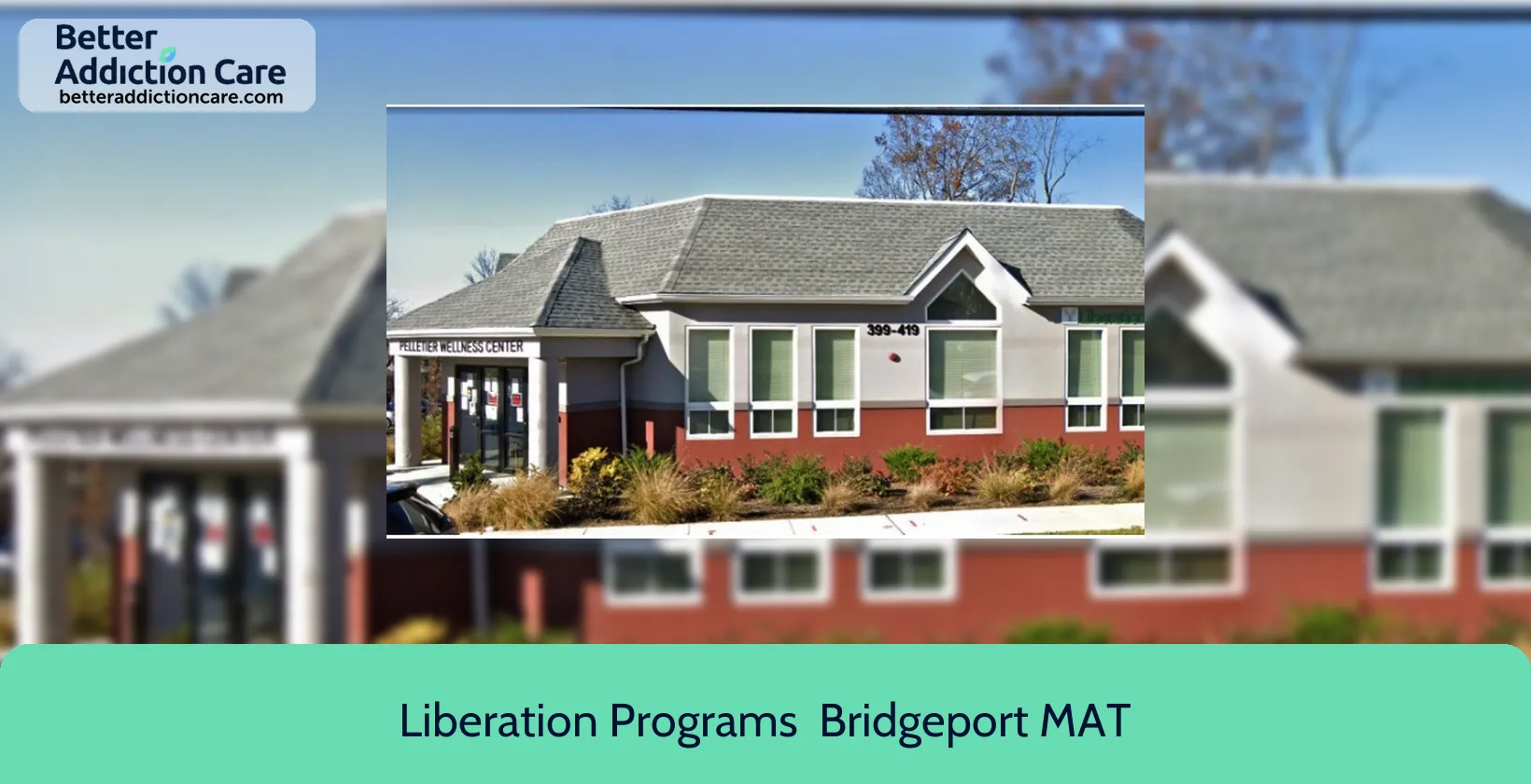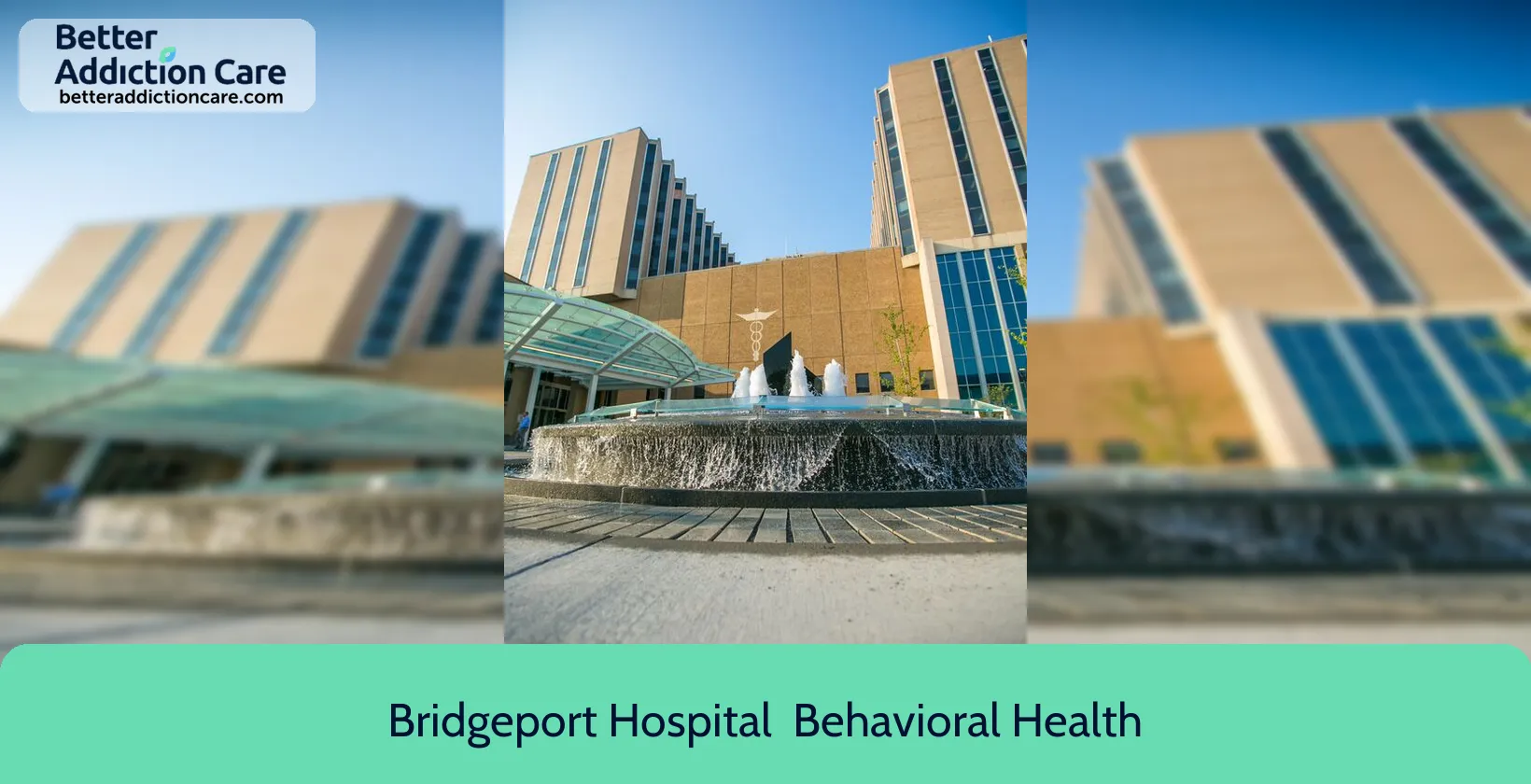Chemical Abuse Services Agency (CASA)

Overview
For those battling alcohol and drug addiction, CASA - Casa Eugenio Maria de Hostos, in Bridgeport, Connecticut, offers thorough inpatient and outpatient treatment programs. This facility takes a comprehensive approach to rehabilitation because it understands that treating the psychological, emotional, and physical components of addiction is necessary for successful treatment.
A comprehensive variety of therapeutic treatments are offered by CASA, tailored to each client's specific requirements. One essential element is trauma therapy, which aids people in addressing the underlying problems that could have influenced their drug use. Clients engage in individual counseling sessions that provide tailored support and assistance in addition to trauma treatment. Group therapy meetings provide a cooperative setting where people may talk about their experiences and gain knowledge from others who are traveling similar paths.
CASA, or Casa Eugenio Maria de Hostos, is dedicated to giving people their power back via a methodical and encouraging rehabilitation process. The goal of the program is to assist participants in gaining the resilience and skills necessary to maintain sober over the long term and enhance their general quality of life.
The foundation of the center's methodology is the conviction that the road to recovery is one that calls for both individual dedication and expert assistance. With a combination of compassionate care and evidence-based treatments, CASA seeks to assist clients in laying a strong foundation for a drug-free, healthier future.
Chemical Abuse Services Agency (CASA) at a Glance
Payment Options
- Cash or self-payment
- Medicaid
- Medicare
- State-financed health insurance plan other than Medicaid
- Private health insurance
Assessments
- Screening for tobacco use
- Comprehensive mental health assessment
- Comprehensive substance use assessment
- Interim services for clients
- Outreach to persons in the community
Age Groups
- Seniors or older adults
- Young adults
- Adults
- Seniors
Ancillary Services
- Case management service
- Integrated primary care services
- Suicide prevention services
- Acupuncture
- Domestic violence services, including family or partner
Highlights About Chemical Abuse Services Agency (CASA)
7.32/10
With an overall rating of 7.32/10, this facility has following balanced range of services. Alcohol Rehabilitation: 8.00/10, Drug Rehab and Detox: 7.23/10, Insurance and Payments: 6.00/10, Treatment Options: 8.06/10.-
Treatment Options 8.06
-
Alcohol Rehabilitation 8.00
-
Drug Rehab and Detox 7.23
-
Insurance and Payments 6.00
Accreditations
State mental health department:
State mental health department accreditation refers to the process of evaluating and certifying the quality and standards of a state's mental health department, ensuring that it provides high-quality services and meets specific criteria for mental health care. The accreditation process is performed by a third-party organization and helps to improve the overall care and treatment of individuals with mental health conditions.
State department of health:

Government agencies issue State Licenses, granting rehabilitation organizations permission to operate their businesses lawfully within specific geographic regions. The specific licenses needed for legal operation are typically determined by the type of rehabilitation program offered by the facility and its physical location.
Commission on Accreditation of Rehabilitation Facilities (CARF):

CARF accreditation is a prestigious recognition granted to rehabilitation and human service organizations. It signifies that an organization meets high-quality standards, having undergone a rigorous evaluation process. CARF accreditation boosts an organization's credibility and ensures top-notch care for individuals with disabilities, injuries, or healthcare needs.
SAMHSA certification for opioid treatment program (OTP):
SAMHSA's Opioid Treatment Programs (OTP) accreditation is a prestigious recognition that signifies a program's compliance with stringent standards and guidelines established by the Substance Abuse and Mental Health Services Administration (SAMHSA). This accreditation demonstrates an OTP's commitment to providing high-quality, evidence-based care for individuals struggling with opioid use disorder (OUD). It serves as a trusted symbol of accountability and excellence, assuring patients, families, and communities that the OTP offers safe, effective, and comprehensive treatment options for OUD.
Treatment At Chemical Abuse Services Agency (CASA)
Treatment Conditions
- Alcoholism
- Substance use treatment
Care Levels
- Hospital inpatient/24-hour hospital inpatient
- Outpatient
- Short-term residential
- Long-term residential
- Outpatient day treatment or partial hospitalization
Treatment Modalities
- Cognitive behavioral therapy
- Telemedicine/telehealth therapy
- Substance use disorder counseling
- Trauma-related counseling
- Smoking/vaping/tobacco cessation counseling
Ancillary Services
Languages
- Spanish
Additional Services
- Pharmacotherapies administered during treatment
- Mentoring/peer support
- Breathalyzer or blood alcohol testing
Special Programs
- Clients with co-occurring mental and substance use disorders
- Veterans
- Active duty military
- Members of military families
- Criminal justice (other than DUI/DWI)/Forensic clients
Get Help Now
Common Questions About Chemical Abuse Services Agency (CASA)
Contact Information
Other Facilities in Bridgeport

6.74

6.65

7.63

7.22

6.62

7.51

7.38

6.59
Browse rehab centers near Bridgeport and in other cities across Connecticut
DISCLAIMER: The facility name, logo and brand are the property and registered trademarks of Bridgeport Hospital - Behavioral Health Services WT9 - NE8, and are being used for identification and informational purposes only. Use of these names, logos and brands shall not imply endorsement. BetterAddictionCare.com is not affiliated with or sponsored by Bridgeport Hospital - Behavioral Health Services WT9 - NE8.
